I have generated a PDF Using the following PDF code its working fine but when i am trying to close ,its asking me to save.I have analyzed my PDF code to detect the problem. I have identified there is a problem in startxref offset size and xref offset position.I have done enough changes but i couldn't solve this problem(Do you want to save changes 'xxx.pdf' before closing). here is my PDF CODE
%PDF-1.4
%âãÏÓ
1 0 obj
<<
/Type/Catalog
/Pages 2 0 R
>>
endobj
2 0 obj
<<
/Type/Pages
/MediaBox[0 0 612.0 792.0]
/Count 1
/Kids [ 3 0 R ]
>>
endobj
3 0 obj
<<
/Type/Page
/Parent 2 0 R
/Resources 4 0 R
/Contents 5 0 R
>>
endobj
4 0 obj
<<
/ExtGState <</GS1 7 0 R>>
/ProcSet[/PDF/Text/ImageB/ImageC/ImageI]
/Font<< /F1 8 0 R >>
>>
>>
endobj
5 0 obj
<</Length 44>>
stream
BT
/F1 18 Tf
0 g
1 0 0 1 100.0 400.0 Tm
(kersom) Tj
ET
endstream
endobj
6 0 obj<</Producer(Xxxxxxxx XXX Xxxxxxxx - 1.1)>>
endobj
7 0 obj
<</ca 0.35/CA 0.35>>
endobj
8 0 obj
<<
/Type /Font
/Subtype /Type1
/BaseFont /Helvetica
>>
endobj
xref
0 9
0000000000 65535 f
0000000015 00000 n
0000000063 00000 n
0000000148 00000 n
0000000228 00000 n
0000000340 00000 n
0000000442 00000 n
0000000499 00000 n
0000000535 00000 n
trailer
<<
/Info 6 0 R
/Root 1 0 R
/Size 9
>>
startxref
606
%%EOF
